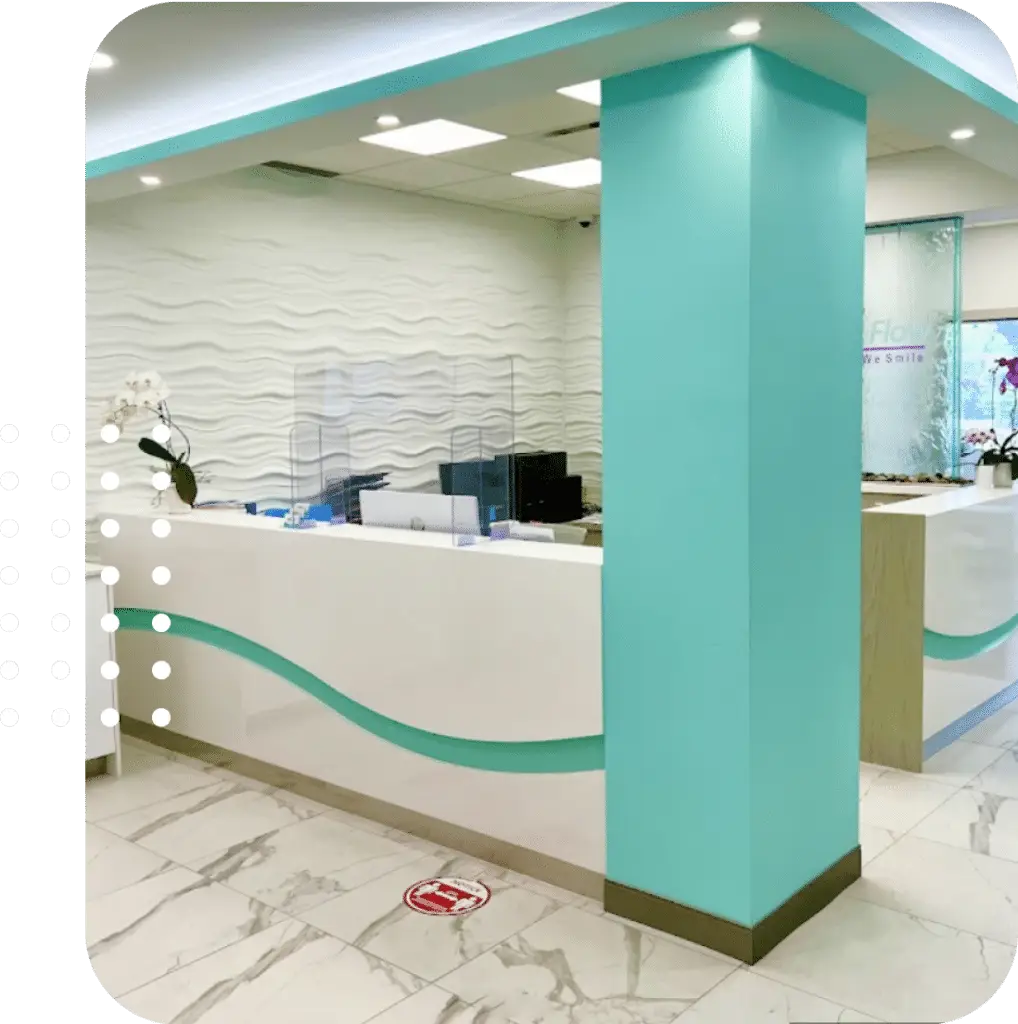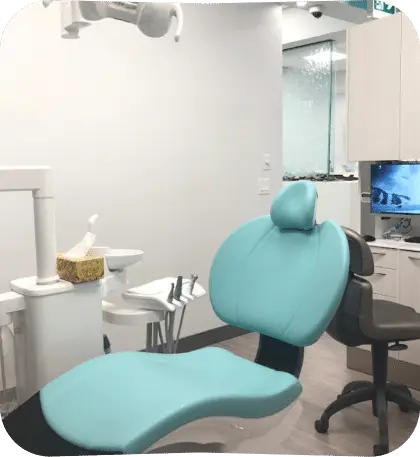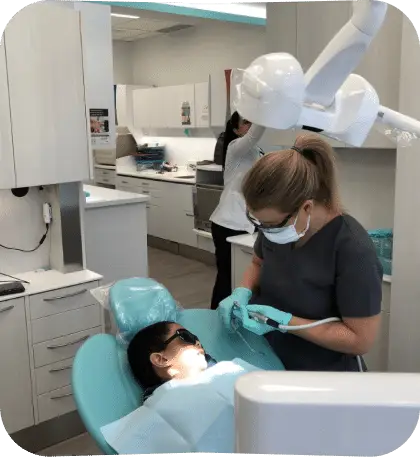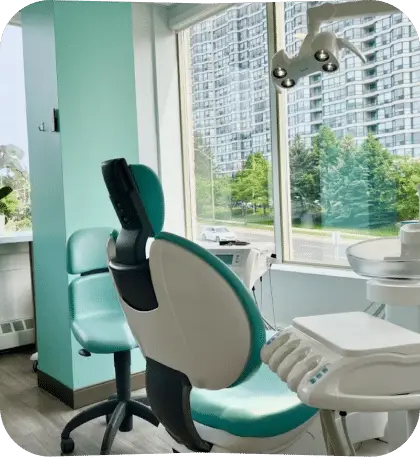Are you anxious about your upcoming dental appointment? It may give you comfort to know this is a very common phobia that many others experience. People with dentophobia may opt to avoid going to the dentist altogether, but this can lead to various dental and overall health issues. You deserve to receive treatment that will allow you to have a healthy and happy smile through every stage of life.
If even the thought of a regular dental cleaning makes you feel anxious, we want to help you not feel that way. This is why we’ll guide you through a step-by-step process about what to expect.
Regular Dental Cleanings are Essential for Maintaining Healthy Teeth & Gums
Regular dental cleanings are an essential part of everyone’s oral hygiene routine and should typically be booked every 6 months, however, if you are anxious about going to the dentist, this may make you procrastinate. Let us help ease your mind. Here is a step-by-step breakdown of a typical cleaning routine:
Step 1: The Initial Checkup
Your appointment will usually begin with a quick checkup from a dental hygienist. Before they begin, let them know you struggle with anxiety and they will ensure you are as comfortable and as well-informed as possible throughout your entire appointment. They are used to this and know how to handle the situation professionally and appropriately.
The dental hygienist will examine your teeth and gums to assess your overall oral health. They might use a small mirror to get a better look at hard-to-reach areas. The goal here is to spot any signs of gum inflammation, cavities, or other oral health issues.
Step 2: Removal of Plaque & Tartar
Once the initial exam is complete, the hygienist will start the cleaning process by removing plaque and tartar buildup from your teeth. Plaque is a sticky film of bacteria that constantly forms on your teeth, and if not removed, it hardens into tartar, which can only be eliminated by professional tools. The hygienist uses a scaler to carefully scrape off plaque and tartar from around your gum line and between your teeth. This step may take a little while, especially if there is significant buildup, but it’s essential for keeping your mouth healthy.
Step 3: Gritty Toothpaste Cleaning (Polishing)
Next, your hygienist will use a high-powered electric toothbrush and gritty toothpaste to give your teeth a deep clean. The gritty texture helps polish your teeth, removing surface stains and making them feel smooth.

Step 4: Expert Flossing
Your hygienist will expertly floss between each tooth, getting into those tight spots and removing any leftover debris from earlier in the cleaning process. This also gives them a chance to check for potential gum issues like bleeding or sensitivity.
Step 5: Rinsing & Fluoride Treatment
After flossing, you’ll be asked to rinse your mouth to get rid of any debris. Typically, you’ll rinse with a liquid that contains fluoride which helps strengthen your teeth and prevent cavities.
If your dentist recommends it, the appointment may end with a fluoride treatment. This is especially helpful if you’re prone to cavities or have weaker enamel. Fluoride gel or varnish will be applied to your teeth, providing added protection for months to come.
Step 6: Final Check with the Dentist
Lastly, the dentist will come in after the cleaning for a final checkup. They will review the hygienist’s notes, do a quick exam of their own, and ensure everything looks good. This is also a great time to ask any questions you might have about your oral health.
There are Several Benefits to Booking Cleaning Appointments Every 6 Months
After the cleaning is complete, you’ll leave the dentist’s office with a fresh and clean smile! You should feel proud of yourself for getting through your dental cleaning appointment. Even going to the office in the first place with anxiety is a huge step, so good job!
Now, since you know exactly what to expect, you can feel much more at ease in booking regular cleanings and check-ups every 6 months (unless otherwise suggested by your dentist). This is highly beneficial for various reasons, such as:
- Prevents Cavities: Regular cleanings remove plaque, which is a primary cause of cavities.
- Reduces Risk of Gum Disease: Cleanings can help prevent gum infections and maintain gum health.
- Brightens Your Smile: Removing stains and tartar keeps your teeth looking white and polished.
- Freshens Your Breath: Professional cleanings can eliminate the bacteria that cause bad breath.
- Early Detection of Oral Health Issues: Regular checkups ensure that problems like cavities or gum disease are caught early, when they’re easier to treat.
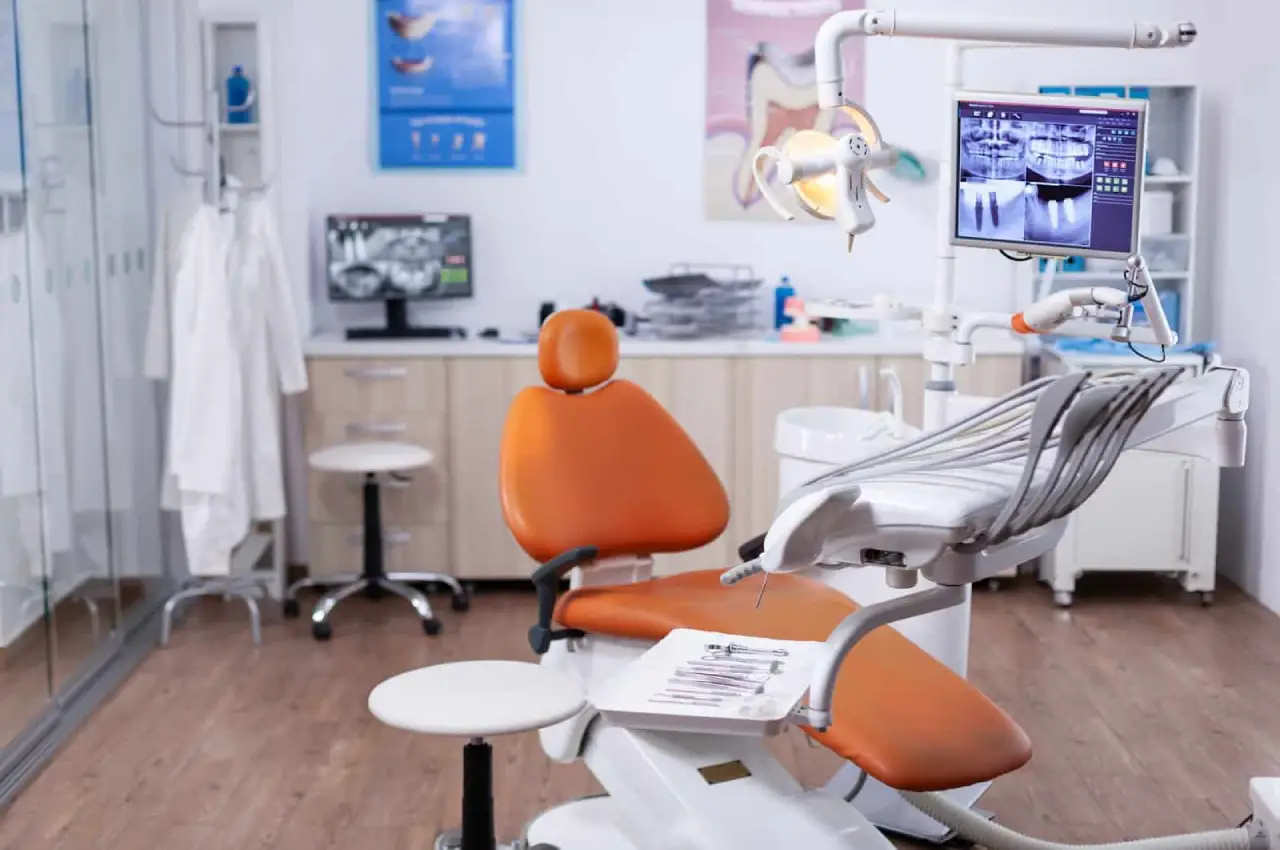
Let Your Dental Team Know You Struggle With Anxiety
It’s important to communicate openly with your dental team about any anxiety or fear you may have regarding dental appointments. At DentiFlow we can provide additional support and accommodations to help you feel more comfortable during your visit. Let us know your specific triggers, concerns, and any past negative experiences you may have had. This information will allow us to tailor their approach and provide the best possible care for you. Remember, your dental team is there to help and support you, so don’t hesitate to speak up about your anxiety.






